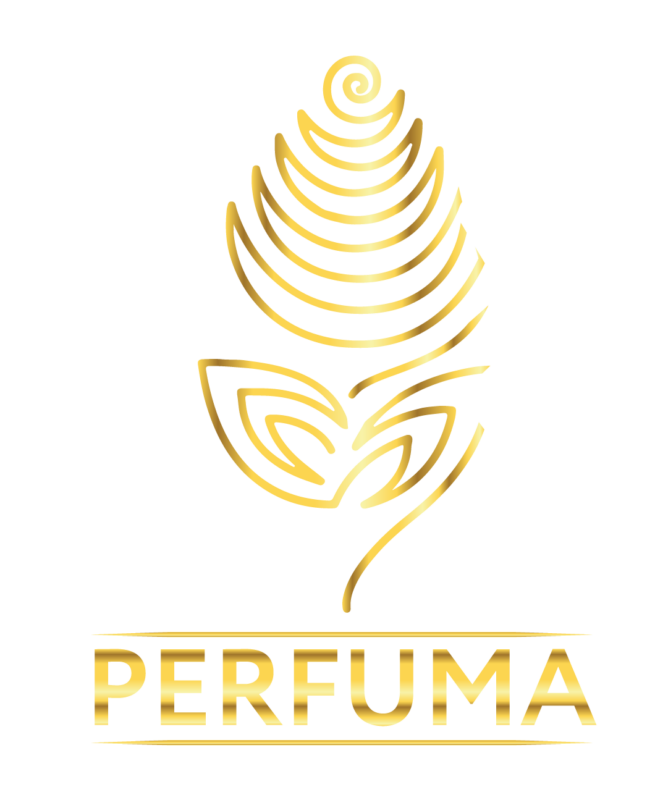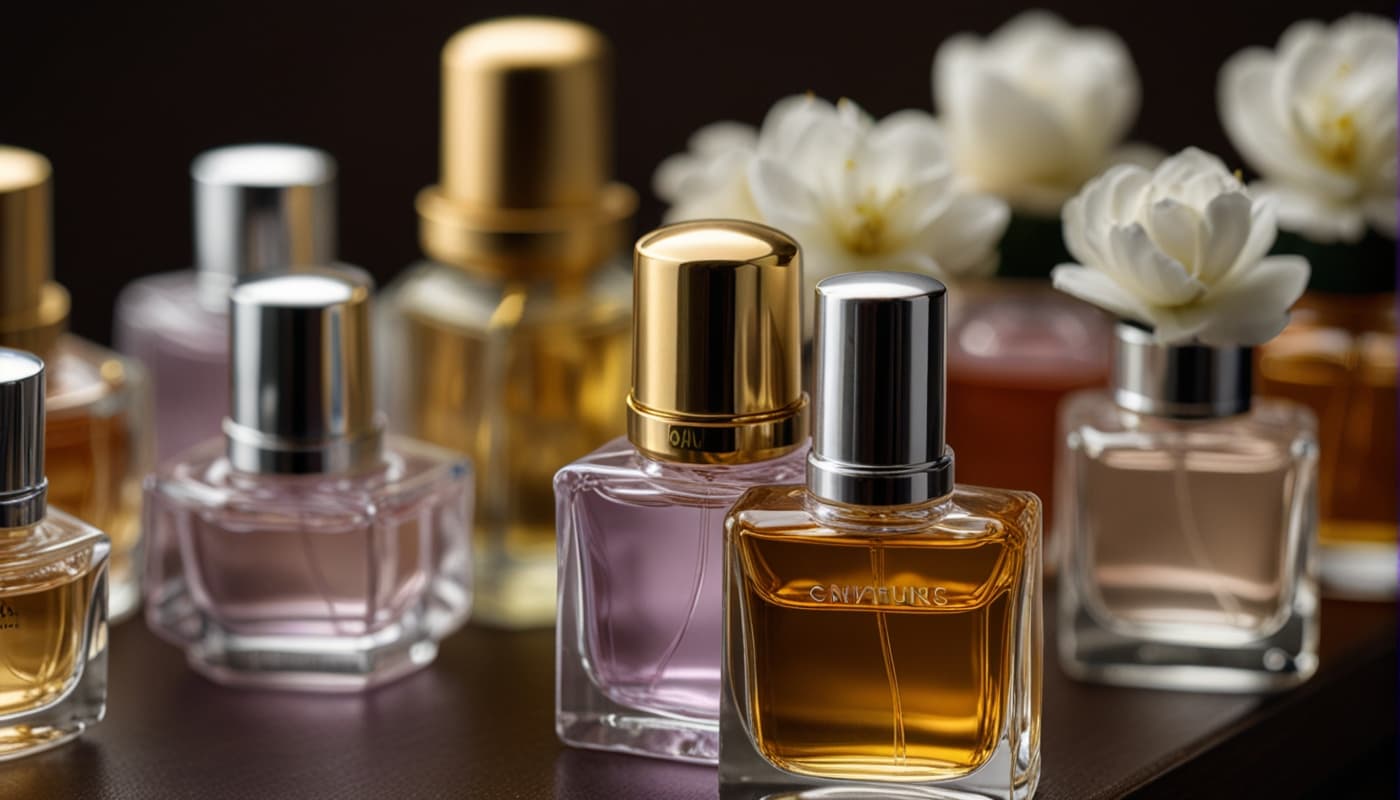article
Sustainable Practices in the Sri Lankan Perfume Industry
The perfume industry in Sri Lanka, though niche, is a burgeoning sector that mirrors the global shift towards sustainability and ethical consumerism. As consumers worldwide become increasingly conscious of the environmental impact and ethical standards of their purchases, Sri Lankan perfume brands are adapting to meet these expectations. This article explores the various sustainable practices being adopted within the Sri Lankan perfume industry, examining their benefits, challenges, and the overall impact on consumers and the environment.
Embracing Local and Natural Ingredients
One of the most significant steps towards sustainability in the Sri Lankan perfume industry is the use of local and natural ingredients. Sri Lanka, known for its rich biodiversity, offers a plethora of aromatic plants and flowers that are ideal for natural perfumery. Brands are tapping into this local flora to create unique scents that are not only appealing but also reduce the carbon footprint associated with importing raw materials.
Companies like Ophir, a luxury perfume brand, have pioneered the use of local ingredients such as Ceylon cinnamon, sandalwood, and jasmine. These ingredients are sourced directly from local growers, providing them with a fair market and promoting sustainable farming practices. This not only supports the local economy but also ensures that the products are fresh and of high quality.
Sustainable Sourcing and Fair Trade
Sustainable sourcing extends beyond the use of local ingredients. It also involves ethical practices in the sourcing of materials that cannot be found locally. Many Sri Lankan perfume companies are turning to fair trade sources for ingredients like vanilla and vetiver, which are popular in perfume making but not native to the island.
Fair trade practices ensure that producers in developing countries are paid fair prices for their goods and labor, and that sustainable farming methods are employed. This approach helps prevent exploitation and promotes a healthier environment. It also resonates well with ethically-minded consumers who are concerned about the origins of the products they purchase.
Eco-Friendly Packaging
The impact of packaging on the environment is a significant concern in the perfume industry. Traditional perfume bottles and packaging can be resource-intensive and non-biodegradable. Recognizing this, Sri Lankan perfume brands are innovating with eco-friendly packaging solutions.
Biodegradable and recyclable materials are becoming the norm. Glass bottles, which can be recycled, are preferred over plastic. Some brands are also adopting refill schemes, where customers can refill their existing bottles at designated stores, thus reducing waste. Additionally, the use of digital receipts and eco-friendly printing options for packaging further minimizes the environmental footprint.
Energy Efficiency and Waste Reduction
Energy consumption and waste generation are other areas where the Sri Lankan perfume industry is striving for sustainability. Perfume manufacturing can be energy-intensive, but by investing in energy-efficient technologies, companies can significantly reduce their energy usage. Solar energy, in particular, is a viable option in Sri Lanka, given the island’s abundant sunlight.
Waste reduction is also a critical focus. Many companies are implementing zero-waste policies, where every part of the raw material is used. For example, after extracting essential oils, the remaining plant matter can be used to create organic compost or biofuel, thus ensuring that nothing goes to waste.
Challenges and Future Directions
While the shift towards sustainability is promising, it is not without challenges. The cost of implementing sustainable practices can be high, and small to medium-sized enterprises may struggle with these costs. There is also the challenge of maintaining consistency and quality when relying on natural and locally sourced ingredients, as these can vary seasonally.
Despite these challenges, the future looks bright for the Sri Lankan perfume industry. As consumer awareness and demand for sustainable products continue to grow, more companies are likely to adopt greener practices. This shift not only helps protect the environment but also enhances the brand’s image and appeal



